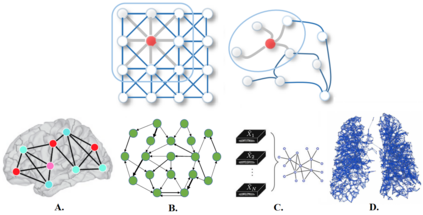Traditional rule-based cybersecurity systems have proven highly effective against known malware threats. However, they face challenges in detecting novel threats. To address this issue, emerging cybersecurity systems are incorporating AI techniques, specifically deep-learning algorithms, to enhance their ability to detect incidents, analyze alerts, and respond to events. While these techniques offer a promising approach to combating dynamic security threats, they often require significant computational resources. Therefore, frameworks that incorporate AI-based cybersecurity mechanisms need to support the use of GPUs to ensure optimal performance. Many cybersecurity framework vendors do not provide sufficiently detailed information about their implementation, making it difficult to assess the techniques employed and their effectiveness. This study aims to overcome this limitation by providing an overview of the most used cybersecurity frameworks that utilize AI techniques, specifically focusing on frameworks that provide comprehensive information about their implementation. Our primary objective is to identify the deep-learning techniques employed by these frameworks and evaluate their support for GPU acceleration. We have identified a total of \emph{two} deep-learning algorithms that are utilized by \emph{three} out of 38 selected cybersecurity frameworks. Our findings aim to assist in selecting open-source cybersecurity frameworks for future research and assessing any discrepancies between deep-learning techniques used in theory and practice.
翻译:暂无翻译


























